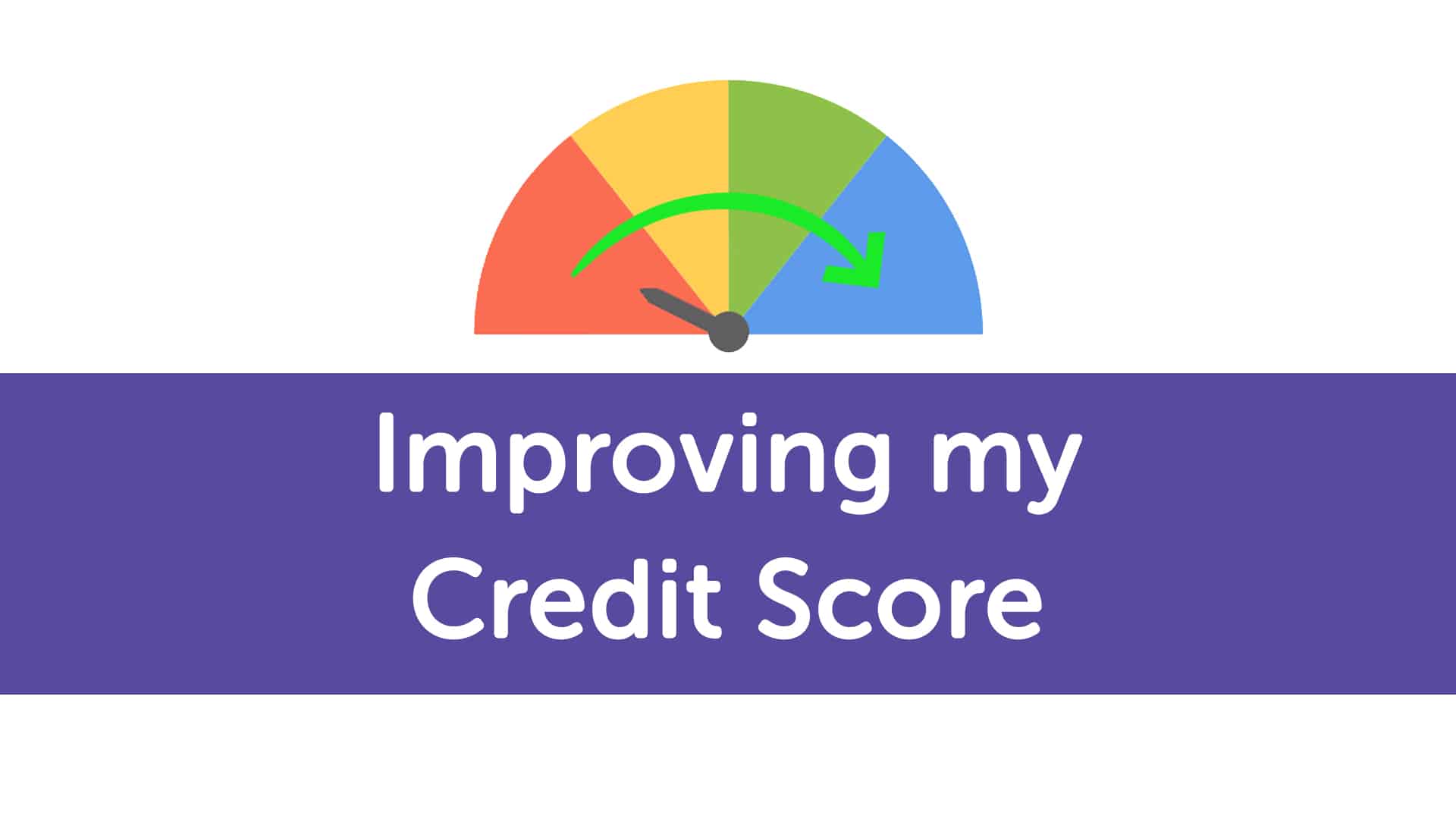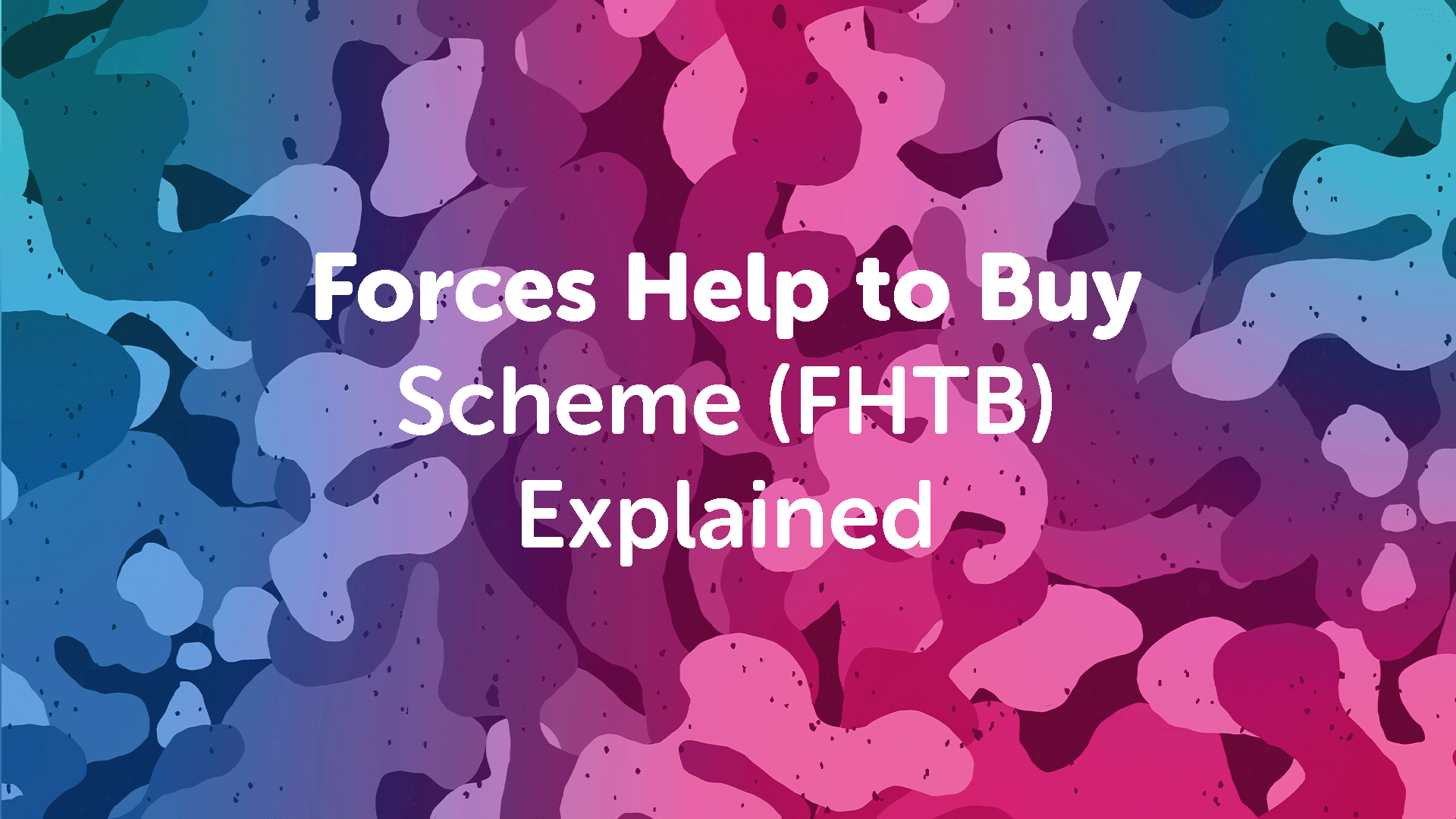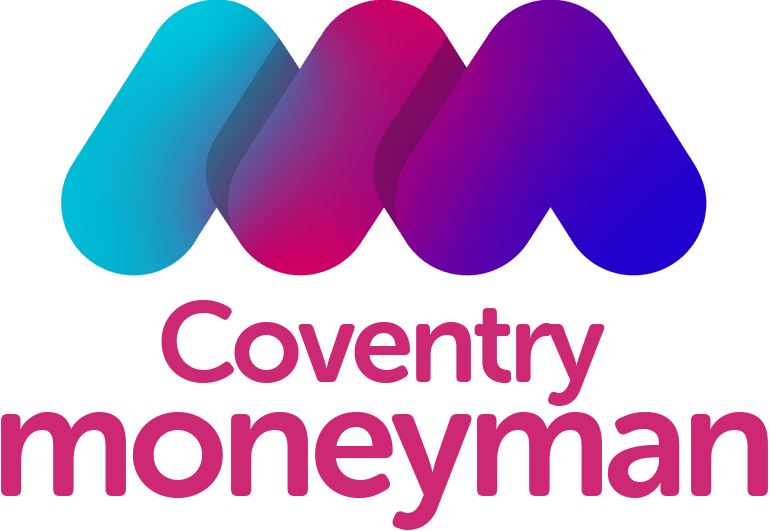Credit Crunch Explained by Coventrymoneyman
To help us understand what happened when the credit crunch of 2007/08 hit, we’re going to look back at what happened in the years leading up to it.
The 1970s and 1980s
Jumping right back to the 1970s and 80s, if you took out a first time buyer mortgage in Coventry it was probably through your local building society. Believe it or not, there was a time where banks didn’t offer mortgages.
Building society managers used to hold all the power. It was they who would decide whether you would qualify for a mortgage. The money available to them was that which they held in an account made up of other customers savings. To make a profit, borrowers would be charged a higher rate of interest than the building society would be paying out to savers.
When banks started to get involved in mortgage lending, they moved away from this old model. Instead, they would “buy” the money from the markets to lend out and this accelerated the rate at which they could lend.
The Mid-2000s
Now let’s skip forward to the mid-2000s. A whole new set of specialist lenders were operating in the market, most of which had started in the USA. They would lend money to customers and then “sell” these customers on in order to raise new money to lend again. The process of selling the book on was called securitisation. The investors that bought these “books” tended to be large financial institutions such as pension funds and yes, you guessed it, high street banks.
This is when the market became especially lucrative. As a result, these new lenders introduced more relaxed lending criteria. They were lending to customers with poor credit histories and allowing them to self-certify their incomes without checks. (Alarm bells are starting to ring!)
Unfortunately, these borrowers began to default on their mortgages, resulting in major banks losing confidence in each other. This was because they couldn’t be sure how exposed they were lending to these customers with normal or credit histories in good standing. A mortgage market which was unravelling.
This led to the banks’ share prices plummeting, and some were even bailed out by the UK Government (taxpayer!) to stop them from going bust.
After the Credit Crunch
Because of this market collapse, lending all but stopped, property prices fell, and everyone lost confidence in the economy. As we now know, it took around 5-10 years for the market to recover.
Obviously, no one wanted this situation to reoccur, especially the Government. Therefore, investigations were carried out to try and determine where it all went wrong. The result of the investigation was the Mortgage Market Review of 2014. With self-certified mortgages having been banned by then, the major change was that lenders had to take responsibility to ensure their mortgages were affordable.
The review introduced more stringent rules which means that nowadays, lenders will dig much deeper into a customer’s incomes and outgoing. This is so that they have a better understanding of what is called affordability. A measure of whether you can afford the mortgage repayments alongside all your other spending commitments.
If you tried getting a mortgage both now and before the credit crunch, you will know it is significantly harder to get a mortgage nowadays. As customers, you need to be much more organised with your paperwork and be able to prove to a lender that you take your finances seriously.
Lots of mistakes were made in the lead up to the credit crunch. Hopefully, though, the industry has learned its lessons to minimise the chances of something like that occurring again.
Date Last Edited: December 6, 2023















